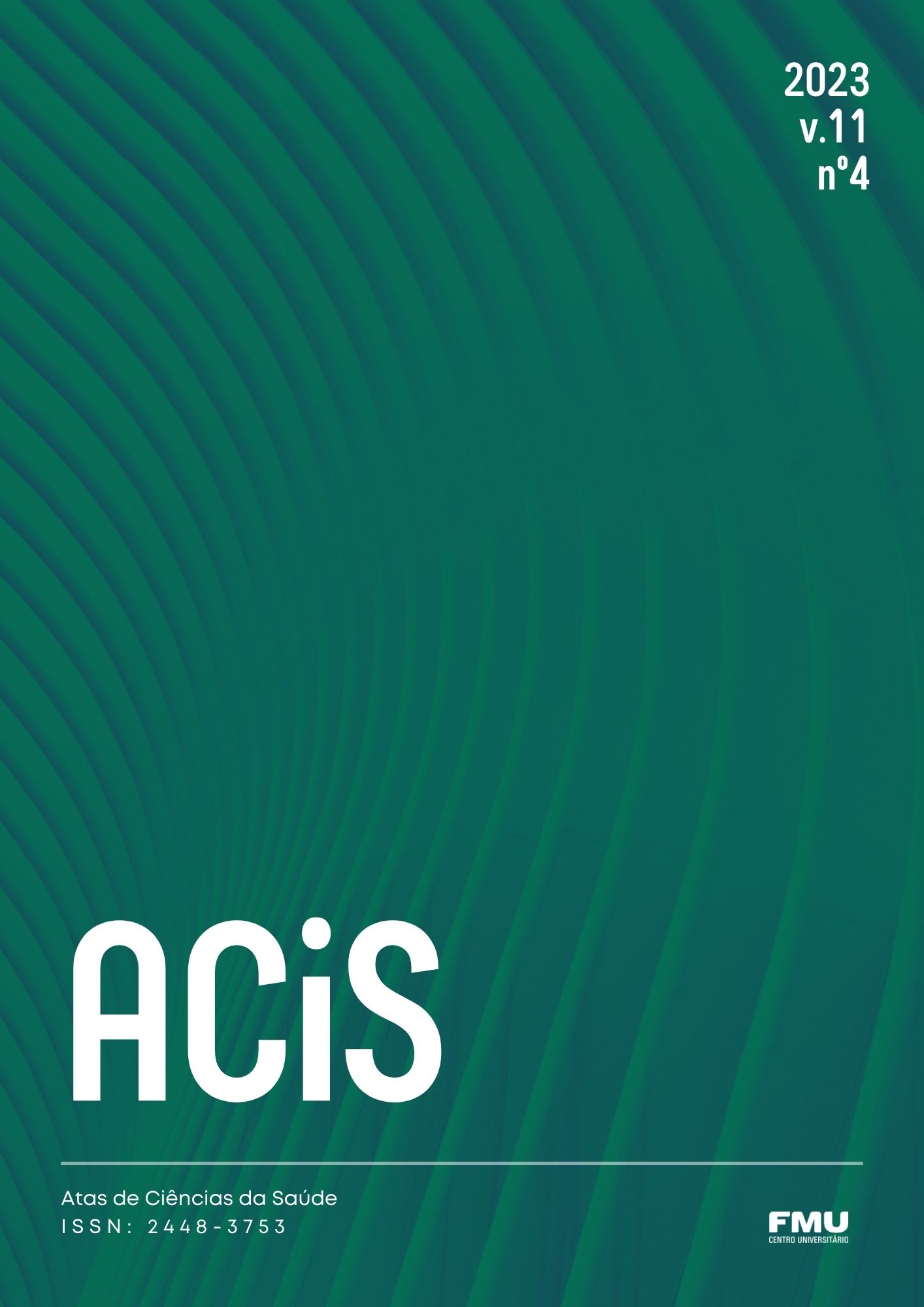Modified T-cell therapy: a breakthrough in the treatment of malignant neoplasms.
Abstract
Modified T-cell therapy (CAR-T) is currently making significant progress in the field of cancer. This immunotherapy consists of using T lymphocytes taken from the patients themselves via leukapheresis, which then undergo genetic modifications so that they can be transferred back to the patients via a single transfusion. This therapy is currently in its fourth generation, with the first generation consisting of just one signal and no co-stimulatory molecules. Gradually, over the generations, the cells have become more complex, thus providing a greater anti-tumor response. One example is that from the second generation onwards, the cells began to have co-stimulatory molecules, which increased the anti-tumor response and increased the time it took for the cells to activate in the patient's body. CAR-T therapy is currently one of the most effective treatments for hematological tumors and also for tumors of the central nervous system. Despite the excellent prognosis associated with this therapy, there are some adverse events that can occur, the most common being cytokine release syndrome (CRS), immune effector cell-associated neurotoxicity syndrome (ICANS), encephalopathy syndrome (CRES), hemophagic lymphohistiocytic syndrome (HLH) and macrophage activation syndrome (MAS). Treatment with modified T cells is marketed under the names Kymriah and Yescarta, both of which were approved in 2017, and currently the drug Tecartus, approved in 2020, is the newest drug on the market using this therapy.
Published
Issue
Section
License
Copyright (c) 2023 Brenda Evangelista, Beatriz Silva , Renata Ruoco Loureiro

This work is licensed under a Creative Commons Attribution-NonCommercial 4.0 International License.
Autores que publicam nesta revista concordam com os seguintes termos:
- Autores mantém os direitos autorais e concedem à revista o direito de primeira publicação, com o trabalho simultaneamente licenciado sob a Licença Creative Commons Attribution que permite o compartilhamento do trabalho com reconhecimento da autoria e publicação inicial nesta revista.
- Autores têm autorização para assumir contratos adicionais separadamente, para distribuição não-exclusiva da versão do trabalho publicada nesta revista (ex.: publicar em repositório institucional ou como capítulo de livro), com reconhecimento de autoria e publicação inicial nesta revista.
- Autores têm permissão e são estimulados a publicar e distribuir seu trabalho online (ex.: em repositórios institucionais ou na sua página pessoal) a qualquer ponto antes ou durante o processo editorial, já que isso pode gerar alterações produtivas, bem como aumentar o impacto e a citação do trabalho publicado (Veja O Efeito do Acesso Livre).





